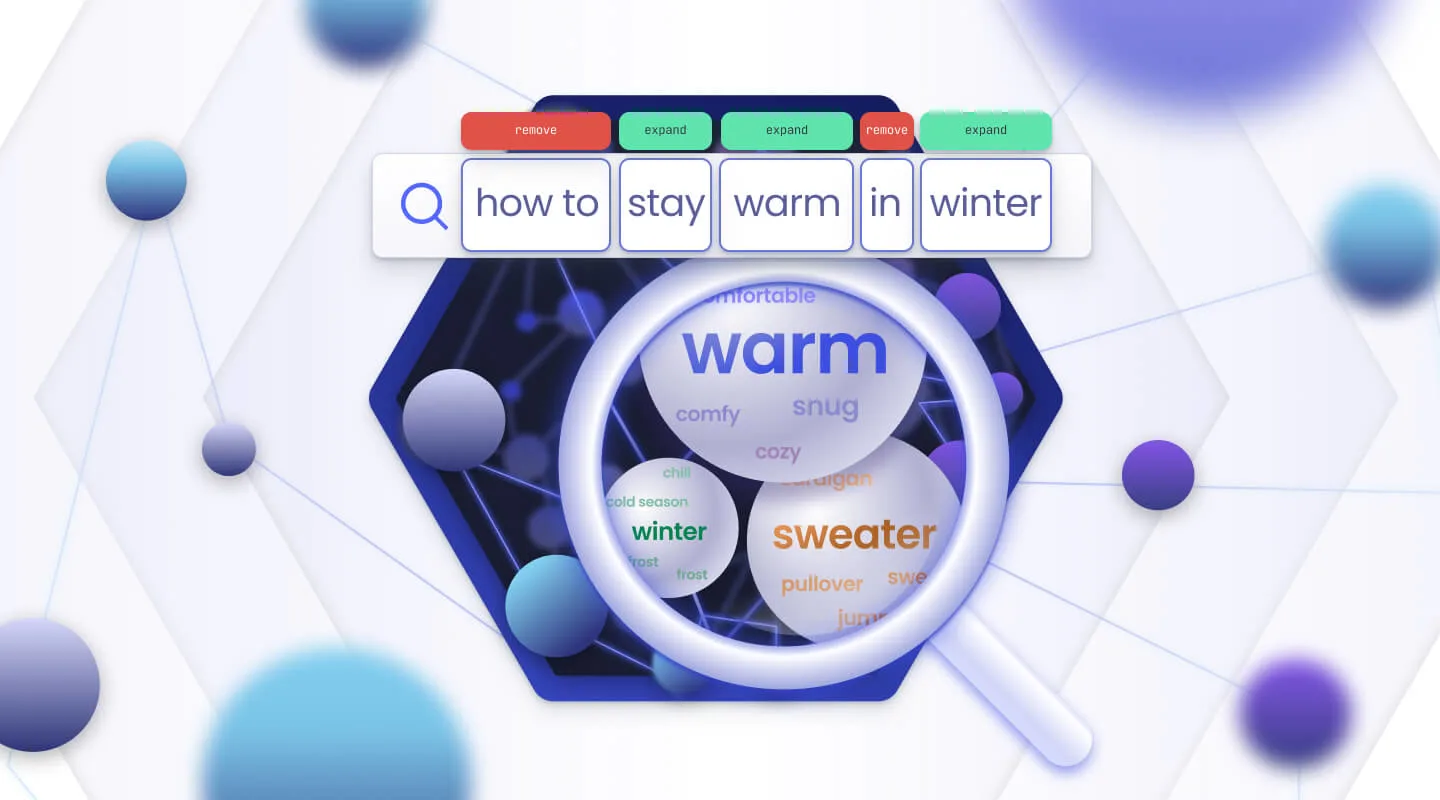
Semantic Search for Books: The Future of Finding Content
Exploring the revolution in searching for book content using fuzzy and semantic search technology.
Ever encountered the frustration of remembering a profound passage in a book but failing to find it again with a simple keyword search? This all-too-common problem has finally met its match.
Traditional search methods in digital books have relied on string matching, a straightforward but often inefficient process. You had to know the exact words used to stand any chance of finding what you were looking for.
Fuzzy search, an older technique known as approximate string matching, already exists in some applications like Google Search. It improves upon basic string matching by allowing for errors in the search query, such as typos or slight variations in wording, making it somewhat easier to find a passage when you don't remember the exact text.

However, the true game-changer is semantic search, which goes far beyond mere character matching. Unlike fuzzy search, semantic search understands the context and the meaning behind your queries by utilizing vectors. These vectors represent words and phrases in a multidimensional space, enabling the search algorithm to understand concepts and topics rather than just looking for specific words. This means you can search for a passage by describing its idea or theme, without needing to recall any specific strings or characters from it. In essence, semantic search is superior because it understands the language of your query in a way that traditional and fuzzy searches cannot, making it a revolutionary tool for exploring literature.
Two solutions stand out in this arena: Google Colab and AI Quote Finder (we discuss more options in our blog post The 7 Best Apps to Chat With Your Books). Google Colab offers customizable scripts that let you implement your own semantic search algorithms on books uploaded to its platform, while QuoteFinder AI excels with built-in semantic search capabilities, allowing for intuitive and powerful searching across your library.
Speaking of libraries, the ability to semantically search your entire library for themes, concepts, and discussions without pinpointing the exact phrase is groundbreaking. It's like having a conversation with your collection, where you can explore ideas and rediscover your books in a whole new light.
Conclusion
With advancements like fuzzy search and powerful tools like Google Colab and QuoteFinder AI, the era of being lost in your digital library without a map is over. Semantic search for books not only makes literature more accessible but also deepens our engagement with the material, allowing us to connect with books on a level never before possible. In the vast sea of words, finding the ones that matter most is now within everyone's reach.
Upload and search your first book
in a few clicks.
We created a new way to search books to give you instant access to all your content. Chat with your books now!